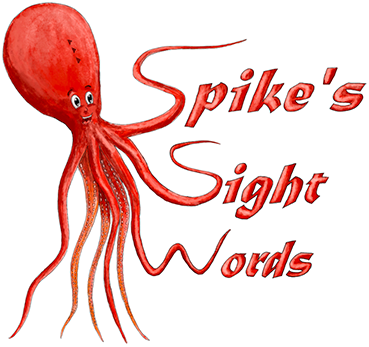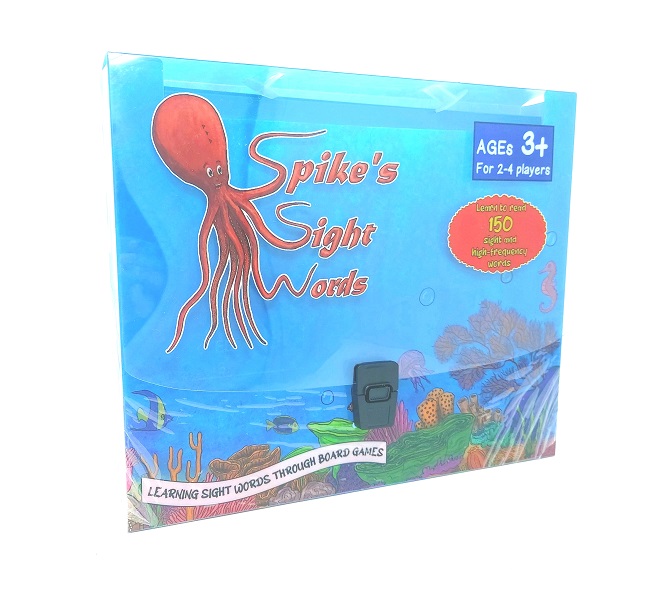
WHAT ARE LOANWORDS?
A loanword is a word taken from one language and used in a different language while keeping its same meaning. The English language uses tons of loanwords from many other languages.
Here are some examples from other languages that we use in everyday English –
japanese

Tycoon –the word tycoon means “a person of great wealth, influence, or power.”
Tofu – is a cheese-like food made from unfermented soy milk. The name tofu comes from Japanese but the food itself is traced back to ancient China. The Japanese first referred to this food as okabe, but began to refer to it as tōfu during the 14th century.
Futon – a futon is a foldable cotton mattress that can be easily stored during the day.
Tsunami – a tsunami is a huge sea wave caused by earthquakes or underwater volcanic activity. The Japanese word tsunami is formed from tsu (harbor) and nami (wave).
Honcho – a honcho is a leader or a boss. An especially assertive or decisive leader may be referred to as the “head honcho.”
Emoji – As anyone reading this probably already knows, emoji are the faces, symbols, and pictures used in text and electronic messaging. The word emoji comes directly from Japanese and literally translates to “pictograph.”
Sudoku – A sudoku is a number puzzle made of 81 squares in a 9×9 grid with the goal to fill every column, row, and square with the numbers 1 through 9. The word sudoku comes from the Japanese words sūji (“number”) and dokushin (“being single”).
Karaoke- Karaoke is the act of singing along to the track of a song, usually after the vocals have been removed. The English word karaoke is based on the Japanese words kara (“empty”) and oke (meaning and ultimately based on the English “orchestra”).
Dojo – a dojo is a school or hall used to teach martial arts. The word dojo comes from the Japanese dōjō, a word for a Buddhist seminary. This word comes from the Sanskrit bodhi-manda, meaning “seat of wisdom.”
Ninja – a ninja is a name for a person trained in martial arts, weapons, and stealth who performed secret operations during feudal japan. The word ninja is based on the Japanese words nin- (“endure”) and -ja (“person” or “agent”).
chinese
Ketchup- as American as this condiment may seem, the word apparently comes from the Chinese language. Via the Malay kəchap (“fish sauce”), ketchup is believed to derive from two Chinese forms: kéjāp (Guangdong) and ke-tsiap (Xiamen). The literal Chinese translation is “eggplant juice.”
Shih Tzu – Sweet little Shih Tzu puppies are a popular breed of dogs but they used to be considered pets of nobility in China. Their name is shīzi gǒu, which comes from shīzi meaning “lion” and gǒu, meaning “dog.”
Gung-ho- You may say you’re gung-ho about something. While the term was used as a Marine training slogan in the mid–1900s in the United States, it stems from the Mandarin phrase gōng hé, which is the abbreviated name of the Chinese Cooperative Society, meaning “work together.”
Yin and yang – Yin and yang stem from the word yīn-yáng, which combines yin meaning “feminine” and yang, meaning “male genitals.” It describes the Chinese belief that two principles—one related to the moon, shade, and femininity, and the other to daylight, sun, and male genitals— interact with one another to determine destinies.
FRENCH
Soiree- a soiree is “an evening party or social gathering, especially one held for a particular purpose,” like a musical performance.
Debauch – is a verb meaning “to corrupt by sensuality, intemperance, etc.; seduce.” It comes from the French débaucher meaning “to entice away from duty.”
Insouciant- is a word for when you don’t have a care in the world. It is an adjective meaning “free from concern, worry, or anxiety.
Puissant – means “powerful, mighty, potent.” The word entered English from Middle French, where it also meant “powerful.”
Pique – a verb with a variety of meanings, including “to affect with sharp irritation and resentment, especially by some wound to pride.”
Obeisance- a noun meaning “a movement of the body expressing deep respect or deferential courtesy, as before a superior; a bow, curtsy, or other similar gesture.”
Gallant- The word gallant makes us think of courageous knights slaying dragons. That’s because gallant means “brave, spirited, noble-minded, or chivalrous.”
Frisson- a noun meaning “a sudden, passing sensation of excitement; a shudder of emotion; thrill.”
Panache – is a word of French origin that carries the connotation of flamboyant manner and reckless courage.
OTHER FRENCH WORDS INCLUDE –
ballet, bouillabaise, cabernet, cachet, chaise longue, champagne, chic, cognac, corsage, faux pas, nom de plume, quiche, rouge, roulet, sachet, salon, saloon, sang froid, savoir faire
RUSSIAN
Parka- To keep warm in the Siberian tundra, don a parka, or a “fur coat, shirtlike and hooded, for wear in the arctic and other regions of extreme cold.” Borrowed in English as early as the 1600s, parka comes via Russian párka from the language of the Nenets, a Uralic, reindeer-herding people in the far north of European Russia and surrounding areas.
Yurt- a different abode that can be found on Russian land is the yurt. A yurt is “a tentlike dwelling of the Mongol and Turkic peoples of central Asia.” Traditionally, it consists of a cylindrical wall of poles in a lattice arrangement with a conical roof or poles, both covered by felt or skins.
Vodka- While there are debates about the origins of vodka (“an unaged, colorless, distilled spirit”), there’s no doubt the word is rooted in the Russian vod(á), meaning “water.”
Filipino
Yo-yo- the yo-yo had been developed and marketed in the Philippines since at least 1915. The word yo-yo itself comes from a Filipino language, although it’s unclear which one. A persistent version of the story is that yóyo means “come, come” in the Ilokano language, but this is not necessarily true.
SPANISH
Macho – to have manly characteristics and qualities such as being robust, strong, aggressive, unemotional, etc.
Plaza – a public area, in a form of a building with shops and stores
Cargo- goods that are transported through ship, aircraft, or motor vehicle
Tornado- a powerful, destructive windstorm that forms itself into a cone-like shape, capable of destroying everything on land.
Guerrilla- a member of a small independent group taking part in irregular fighting, typically against larger regular forces
OTHER SPANISH WORDS INCLUDE –
armada, adobe, alligator, alpaca, armadillo, barricade, bravado, cannibal, canyon, coyote, desperado, embargo, enchilada, guitar, marijuana, mesa, mosquito, mustang, ranch, taco, tornado, tortilla, vigilante
LOANWORDS FROM OTHER LANGUAGES INCLUDE –
ITALIAN
alto, arsenal, balcony, broccoli, cameo, casino, cupola, duo, fresco, fugue, gazette (via French), ghetto, gondola, grotto, macaroni, madrigal, motto, piano, opera, pantaloons, prima donna, regatta, sequin, soprano, opera, stanza, stucco, studio, tempo, torso, umbrella, viola, violin, cappuccino, espresso, linguini, mafioso, pasta, pizza, ravioli, spaghetti, spumante, zabaglione, zucchini.
GERMAN
dunk, feldspar, quartz, hex, lager, knackwurst, liverwurst, loafer, noodle, poodle, dachshund, pretzel, pinochle, pumpernickel, sauerkraut, schnitzel, zwieback, (beer)stein, lederhosen, dirndl, blitzkrieg, zeppelin, strafe, U-boat, delicatessen, hamburger, frankfurter, wiener, hausfrau, kindergarten, Oktoberfest, schuss, wunderkind, bundt (cake), spritz (cookies), (apple) strudel
ARABIC
bedouin, emir, jakir, gazelle, giraffe, harem, hashish, lute, minaret, mosque, myrrh, salaam, sirocco, sultan, vizier, bazaar, caravan
HINDI
bandanna, bangle, bungalow, chintz, cot, cummerbund, dungaree, juggernaut, jungle, loot, maharaja, nabob, pajamas, punch (the drink), shampoo, thug, kedgeree, jamboree


